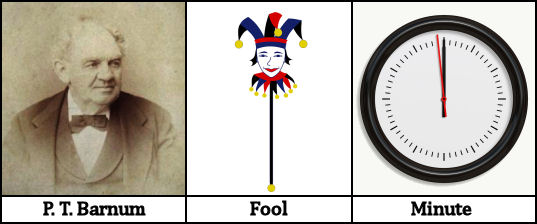W. H. Auden? Apocryphal? Anonymous?
Question for Quote Investigator: The acclaimed poet W. H. Auden popularized one of the funniest definitions for an academic:
A professor is one who talks in someone else’s sleep.
Do you know whether Auden crafted this quip?
Reply from Quote Investigator: There is substantive evidence that W. H. Auden did employ this joke by 1940, and a detailed citation is given further below. However, the well-known literary figure did not originate the remark.
A nascent version of the jape was in circulation in 1900, and the expression evolved for decades. Instances of the barb have been aimed at preachers, bores, clergymen, professors, lecturers, politicians, and teachers.
The earliest evidence known to QI was a precursor printed in August 1900 in “The Evening Post” newspaper of New York which acknowledged the “Boston Transcript”. The following variant did not disparage any particular profession; instead, the punch line was self-deprecating:1
Brown—”Do you ever talk in your sleep? “
Town—”Not that I know of. I have sometimes talked in other people’s sleep”
In 1900 and 1901 this comical filler item was reprinted in multiple newspapers, e.g., “The Washington Post”2 of Washington, D.C., “Santa Fe New Mexican”3 of New Mexico, and “The Cato Citizen”4 of New York.
In 1906 the “Amsterdam Evening Recorder”5 of New York and other newspapers printed a version of the joke featuring a preacher’s wife under the title “When He Talked”:6
Mrs. Newlywed—Does your husband ever talk in his sleep, Mrs. Longwed?
Mrs. Longwed—No, dear; he talks in other people’s sleep. He is a preacher, you know.
—Woman’s Home Companion.
Thus, ecclesiastics were chided before the quip metamorphosed to target educators. The existence of these early instances was discovered by top quotation expert Fred R. Shapiro, editor of “The Yale Book of Quotations”.
Here are additional selected citations in chronological order.
Continue reading “Quote Origin: A Professor Is One Who Talks in Someone Else’s Sleep”